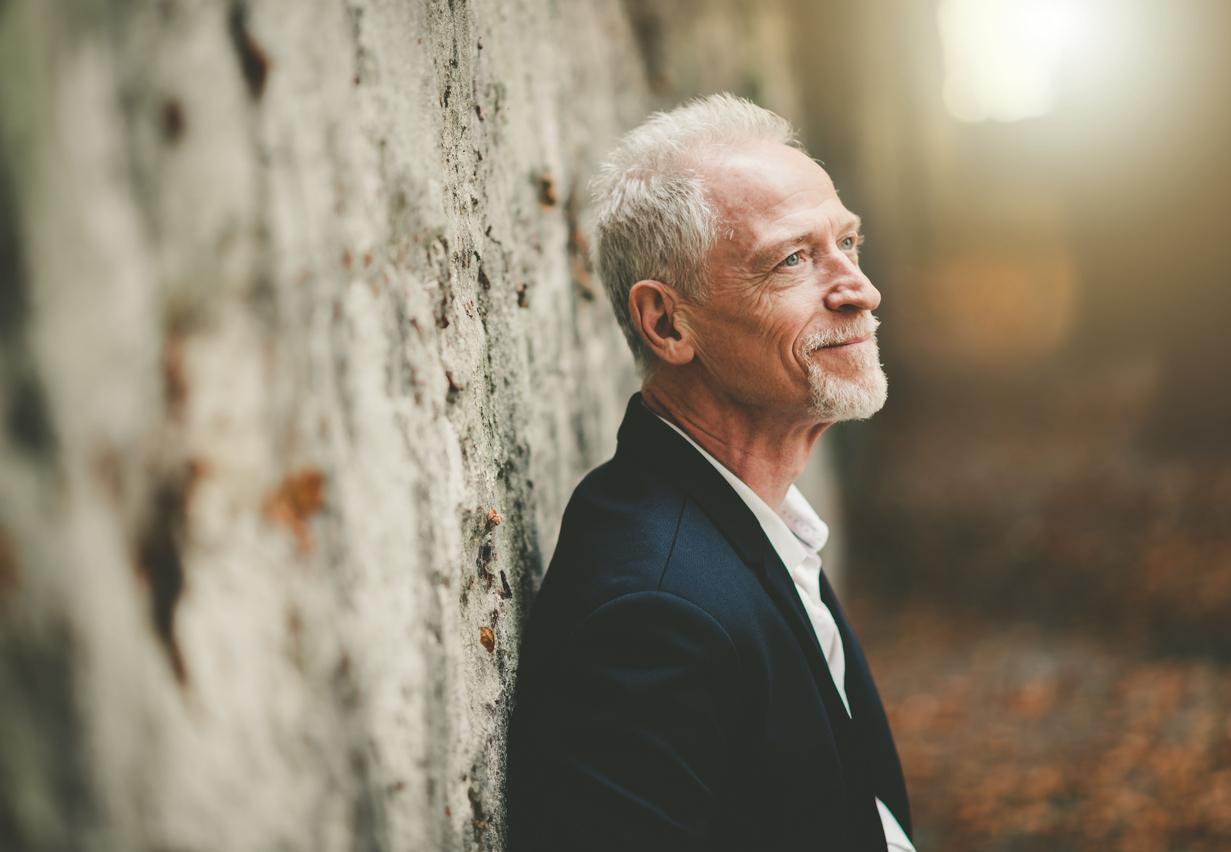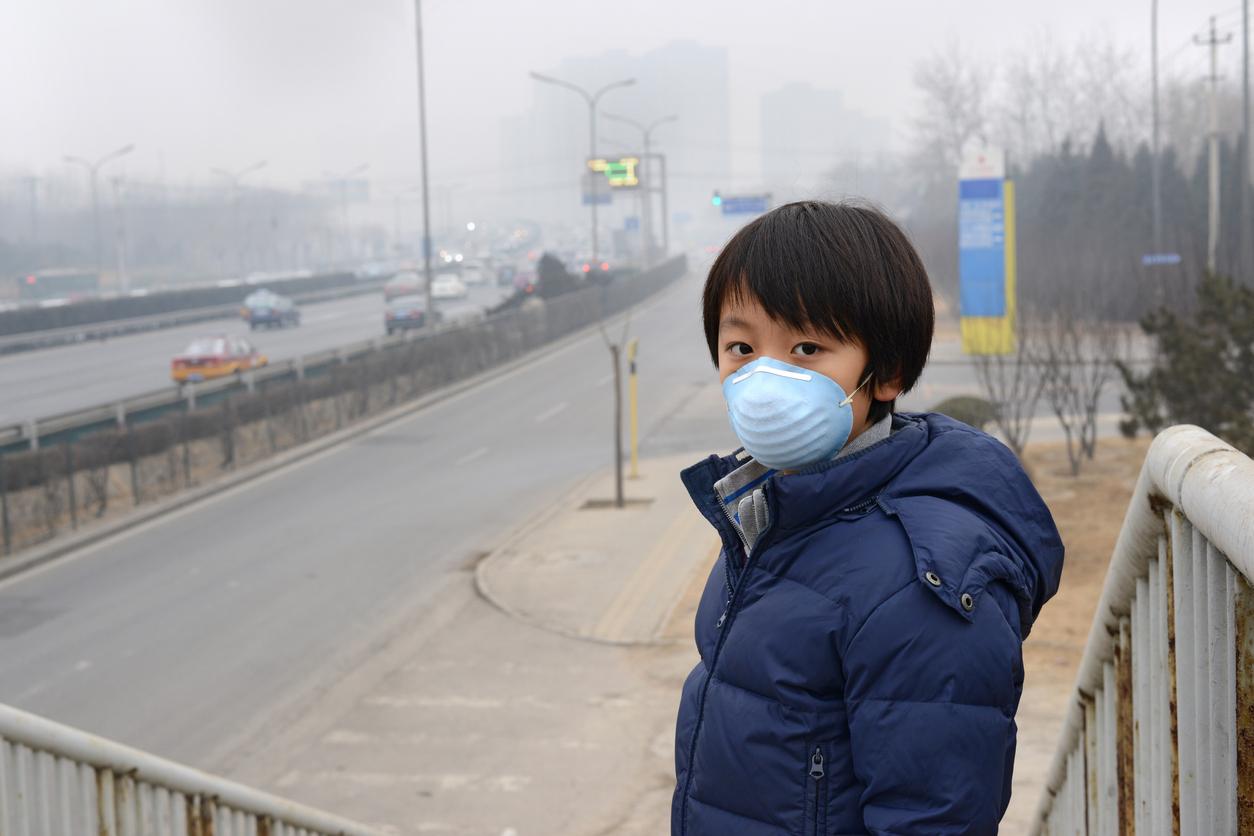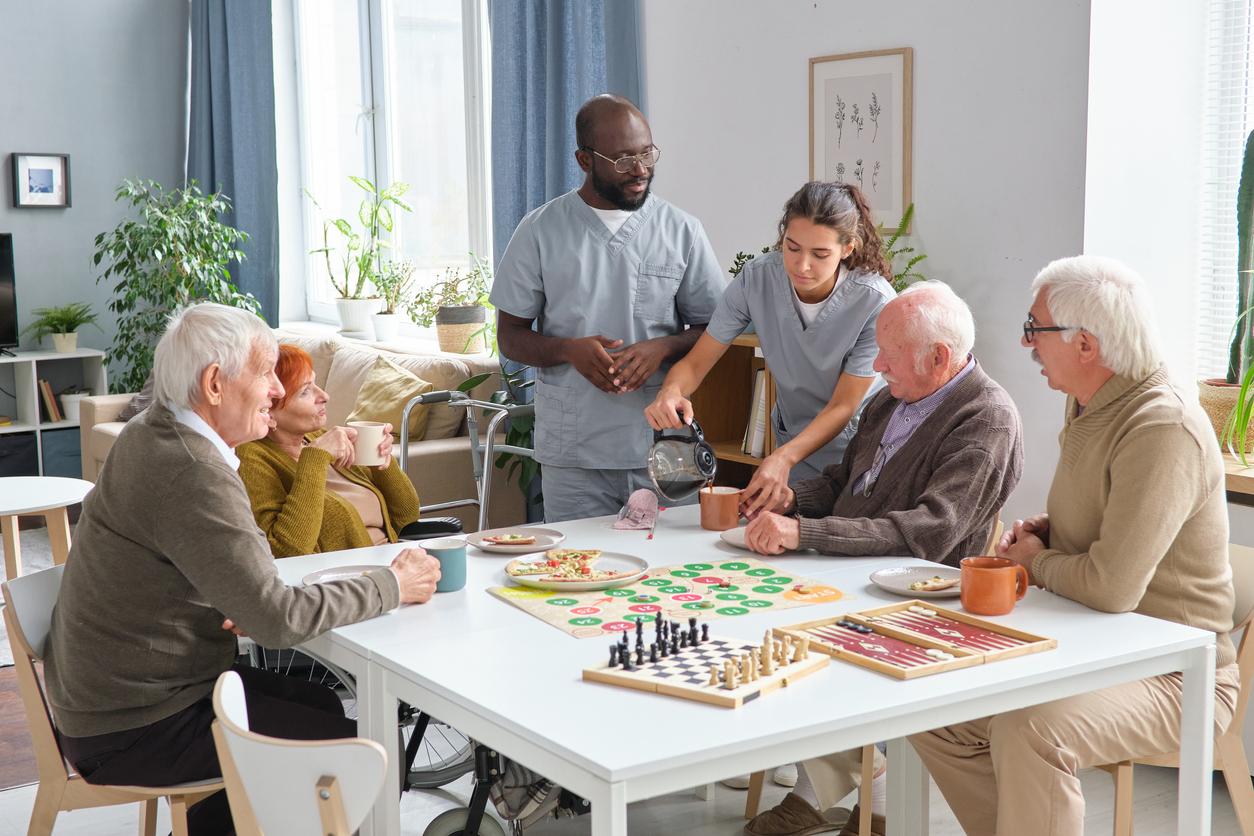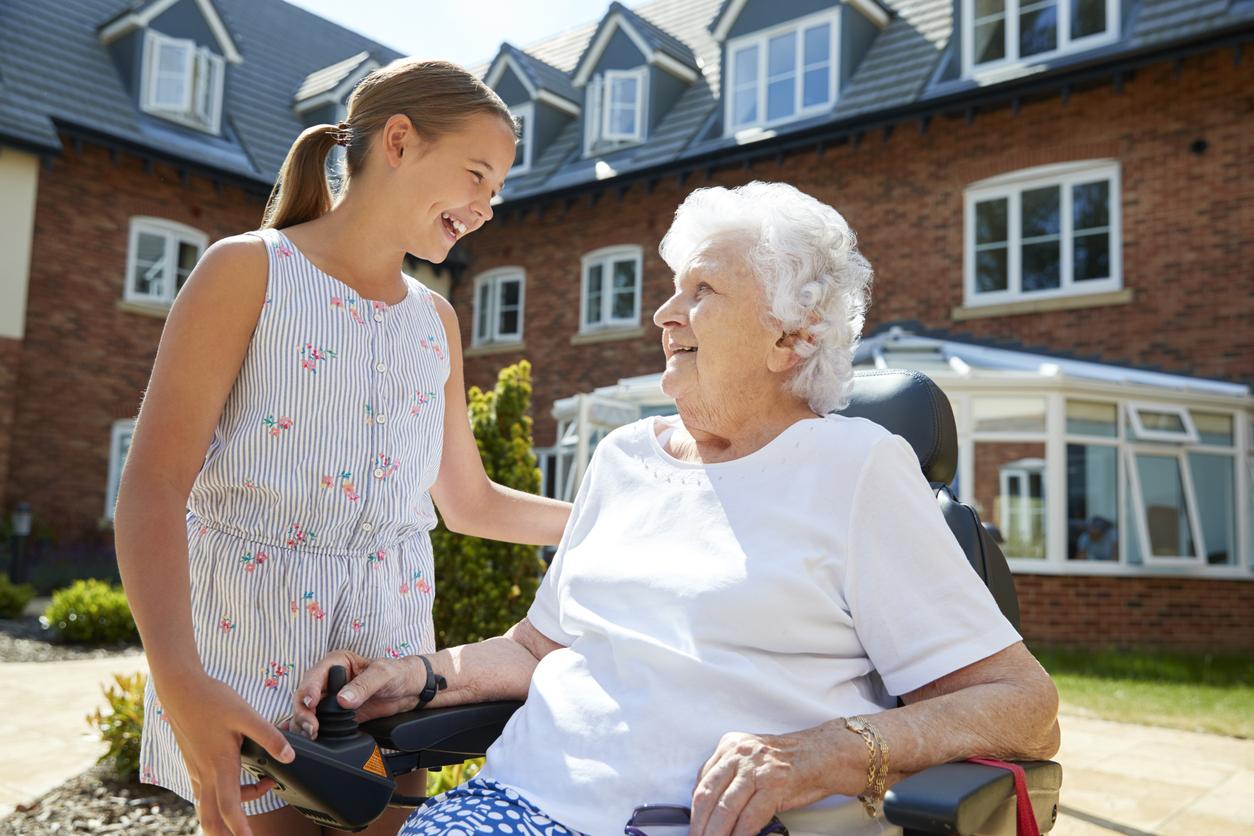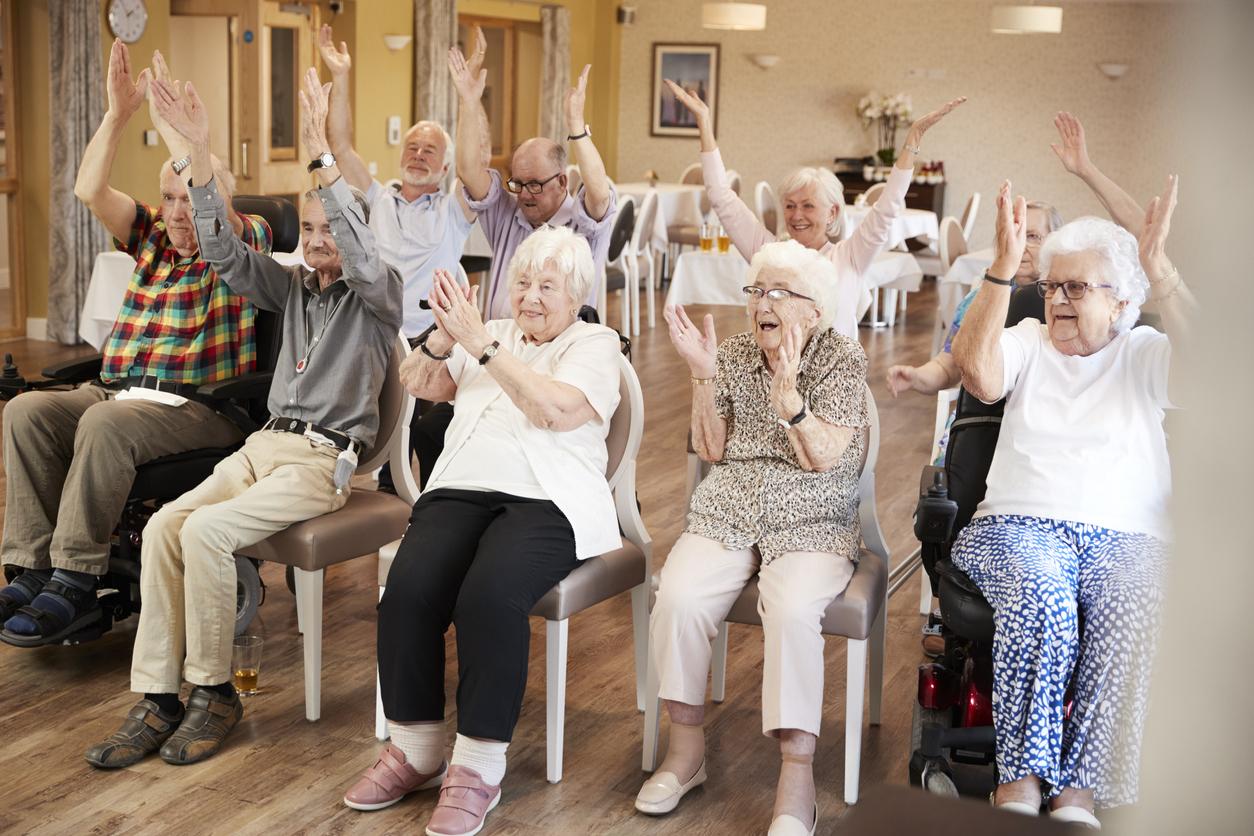The average age of residents in nursing homes for the elderly is increasing. Disability and neurological diseases are also more common.

The French want to age at home, and do so for as long as possible. The average age at entry into residential accommodation for the elderly (EHPA) confirms this. In 2015, the residents were older compared to 2011.
On average, residents counted almost 86 candles. This is what a report from the Directorate for Research, Studies, Evaluation and Statistics (DREES) shows. At the end of 2015, nearly 730,000 seniors were living in a dedicated accommodation establishment.
Most of the time (80%), the structure is specialized in the care of dependent elderly people, an EHPAD. But since 2011, the share of transitional receptions has increased. 4% of the elderly are now accommodated in a temporary accommodation center.
A growing loss of autonomy
This change in reception structures is also accompanied by a change in the robot portrait of EHPA residents. First of all, they are older. Half of them are over 87 – the men being a little younger than the women. This phenomenon is explained by the increase in life expectancy but also the arrival of the generations of baby boom towards old age.
This undoubtedly explains the strong renewal of the inhabitants of these structures. A quarter of the people received arrived during the year. And two thirds of school exits are due to death. In other cases, they often correspond to a change in structure.
But who says arrival later also means less good physical health. Now, 83% of admitted people experience a loss of autonomy, against 81% in 2011. Without real surprise, this increase is particularly marked in EHPAD.
Trusteeship
In fact, the proportion of people with a disability is considerable. 80% of seniors in specialized residences are classified in GIR, which determines their level of loss of autonomy. Among them, almost all need help with the toilet or dressing. 70% also need assistance during meals.
In addition to these physical limitations, there is the growing population suffering from neurodegenerative diseases. In 2015, 260,000 residents were affected. But a minority of these patients are adequately cared for. Among people suffering from Alzheimer’s disease, only 11% live in a specific unit.
In some cases, the disability is such that legal protection is necessary. Here too, the number of seniors concerned is climbing. 28% benefit from this status. Most of the time, associations (37%) or members of the family (35%) take care of the guardianship.
>> Read our long format: “Dependence, the forgotten people of solidarity”
.







